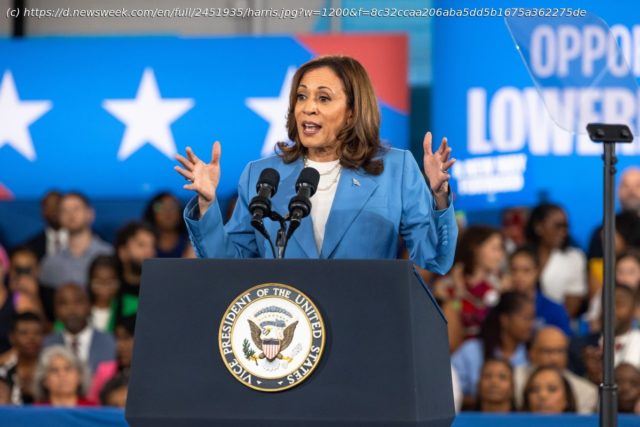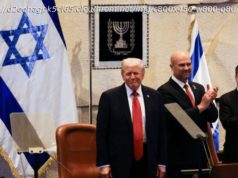The vice president’s chances of winning the election may hinge on whether she can persuade voters that she can tackle the high cost of living.
Experts are saying the American economy isn’t doing that poorly, but that doesn’t necessarily mean smooth sailing for Kamala Harris’s bid for the presidency.
A few weeks into her ascent atop the Democratic ticket for the presidency, Vice President Kamala Harris has gained ground among voters over whether she is best suited to manage the economy should she win the White House in November.
Harris’ chances of winning the presidency will in large part hinge on whether she can assuage voters over their concerns about the economy, which they have repeatedly said is a top issue ahead of the election in the fall.
Voter anxieties over the cost of living in the world’s largest economy exist along a backdrop that suggests the U.S. has withstood the shock of a global pandemic that sparked a recession and led to millions of Americans losing their jobs.
But as the economy re-opened from stay-at-home orders instituted to slow the spread of the COVID-19 disease, the country has been grappling with soaring inflation that made almost everything more expensive. In response, the U.S. Federal Reserve aggressively hiked interest rates to cool inflation that at one point rose to four-decade highs. The tightened economic conditions have pushed up the cost of borrowing across the economy, including for things like home and auto loans and business investment.
Yet, the economy has been resilient through it all.
In the second quarter, the U.S. economy expanded at an annual rate of 2.8 percent an improvement from the previous quarter’s 1.4 percent powered by consumer spending and companies investing in their businesses, according to the U.S. Bureau of Economic Analysis.
Meanwhile, employers continue to add jobs. In July, the U.S. added 114,000 jobs, another month of hiring, though the unemployment ticked up slightly to 4.3 percent.
At the same time, inflation appears to be cooling as well. Last month, it rose by 2.9 percent on a yearly basis, the lowest level it has been in more than three years, down from its record high of 9 percent two years ago, data from the U.S. Bureau of Labor Statistics showed.
But Harris, who became the Democratic nominee for president after her boss incumbent leader Joe Biden dropped out of the race following an underwhelming debate performance against former president Donald Trump, will face an electorate that feels the economy is not doing so well. Trump is once again seeking the presidency.Voters feel living costs are high
« We’re still in this weird bifurcated situation », Joshua Doss, a senior pollster at polling firm HIT Strategies, told Newsweek. « Voters are still doing all the things that you do when you’re in a good economy – they are switching jobs, they are spending money – but still give the economy really not so favorable [a] rating.
Home
United States
USA — Political The US Economy Is Actually Doing Well. It Might Not Help Kamala...






